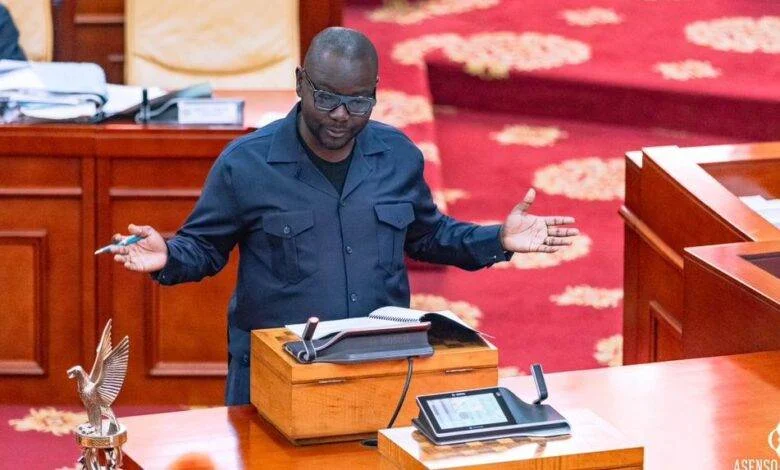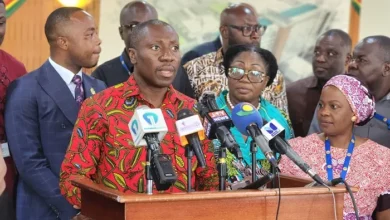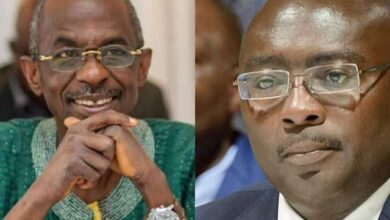
Francis Asenso Boakye, former Minister for Roads and Highways, has dismissed claims that President John Dramani Mahama’s plan to reintroduce road tolls through a digital system is a new concept.
Instead, he emphasized that the New Patriotic Party (NPP) government laid the groundwork for the digital toll initiative.
At the 9th Ghana CEO Summit and Awards Expo on May 26, President Mahama revealed plans to roll out a modernized, cashless road toll system that would eliminate physical toll booths. The system aims to use digital tools like Ghana Card-linked vehicle data to enable automatic billing and mobile money payments.
Though Mahama’s administration presents this as part of its digital transformation agenda, Asenso Boakye took to Facebook on May 27 to clarify the origins of the plan. He highlighted that during his tenure under the NPP government, a detailed strategy for digital toll collection was already underway before Mahama took office in January 2025.
He noted that in 2021, the NPP made the bold decision to halt manual toll collection, citing issues such as low revenue, congestion, high vehicle costs, and revenue leakages. The NPP began building a tech-driven alternative leveraging existing digital infrastructure like the Ghana Card and Digital Address System.
In 2024, Cabinet approved the digital toll reintroduction via a Public-Private Partnership model under Act 1039, selecting a local Ghanaian company through a competitive process. Although a Concessions Agreement was drafted and sent to Parliament, it wasn’t passed before the legislative term ended.
Asenso Boakye expressed disappointment that the Mahama administration chose to abandon this progress rather than continue it. He urged the current government to focus on policy continuity and avoid “political repackaging” of existing projects.
“Ghanaians deserve leaders who build on existing progress—not those who claim credit for what was already done,” he concluded.



